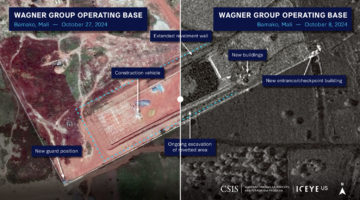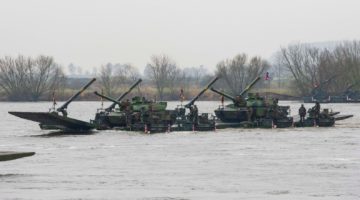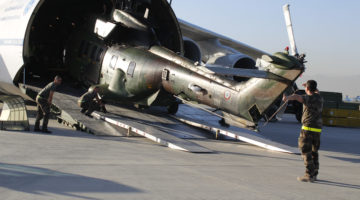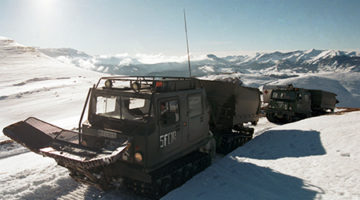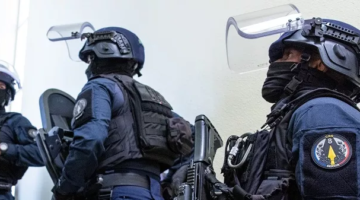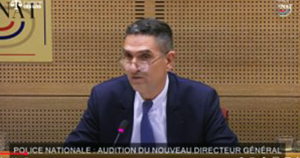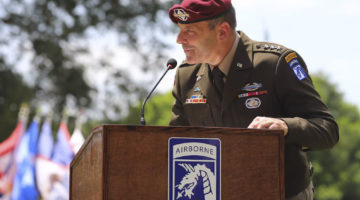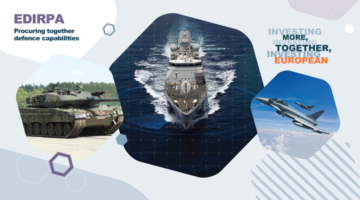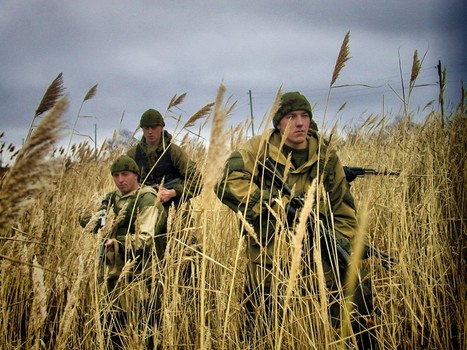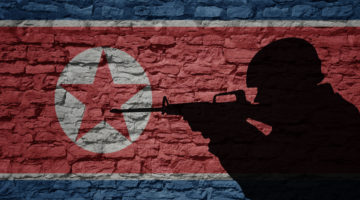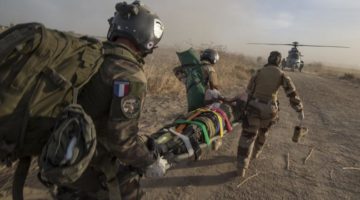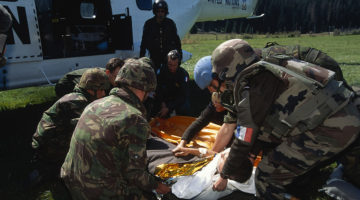Photo credit © RIA Novosti
According to an innovative Latvian assessment, the Russians are inventing a 21 Century approach to military power. It is neither hard nor soft power, but the use of hard power as the underwriter of a strategic communication strategy to achieve objectives short of an all out war.
Neither asymmetric nor convention, the Russians are shaping what this researcher calls a strategic communications policy to support strategic objectives and to do so with a tool set of various means, including skill useful of military power as the underwriter of the entire effort.
According to Janis Berzinš, the Russians have unleashed a new generation of warfare in Ukraine. The entire piece needs to be read carefully and its entirety, but the core analytical points about the Russian approach and the shaping a new variant of military operations for the 21st century can be seen from the excerpts taken from the piece below:
The Crimean campaign has been an impressive demonstration of strategic communication, one which shares many similarities with their intervention in South Ossetia and Abkhazia in 2008, while at the same time being essentially different, since it reflects the operational realization of the new military guidelines to be implemented by 2020.
Its success can be measured by the fact that in just three weeks, and without a shot being fired, the morale of the Ukrainian military was broken and all of their 190 bases had surrendered. Instead of relying on a mass deployment of tanks and artillery, the Crimean campaign deployed less than 10,000 assault troops – mostly naval infantry, already stationed in Crimea, backed by a few battalions of airborne troops and Spetsnaz commandos – against 16,000 Ukrainian military personnel.
In addition, the heaviest vehicle used was the wheeled BTR-80 armored personal carrier.After blocking Ukrainian troops in their bases, the Russians started the second operational phase, consisting of psychological warfare, intimidation, bribery, and internet/media propaganda to undermine resistance, thus avoiding the use of firepower.
The operation was also characterized by the great discipline of the Russian troops, the display of new personnel equipment, body armor, and light wheeled armored vehicles. The result was a clear military victory on the battlefield by the operationalization of a well-orchestrated campaign of strategic communication, using clear political, psychological, and information strategies and the fully operationalization of what Russian military thinkers call “New Generation Warfare”…..
Thus, the Russian view of modern warfare is based on the idea that the main battlespace is the mind and, as a result, new-generation wars are to be dominated by information and psychological warfare, in order to achieve superiority in troops and weapons control, morally and psychologically depressing the enemy’s armed forces personnel and civil population.
The main objective is to reduce the necessity for deploying hard military power to the minimum necessary, making the opponent’s military and civil population support the attacker to the detriment of their own government and country.

